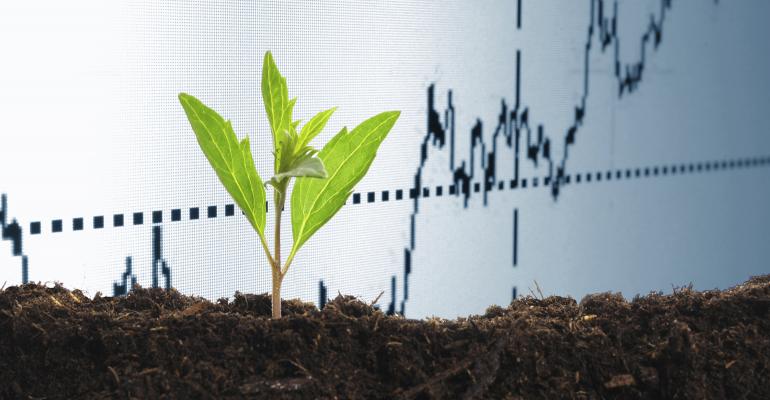Much has been said in recent years about the trend of impact investing—with even Congress jumping on the bandwagon with their Opportunity Zones incentive as established by the Tax Cuts and Jobs Act of 2017—however, a new Foundation Source survey reveals that many Boomers aren’t quite on board yet.
According to the survey, 48.9% of the private foundations (PFs) who responded said that none of the foundation’s portfolio is currently allocated to impact investments. It’s important to note that out of the 122 survey respondents, 79% fell into the baby boomer/greatest generation demographic, meaning that, more likely than not, the results speak to this particular generation.
Of the 51.1% of PFs that do currently allocate a portion of their portfolio to impact investments, 17.8% allocate only 5% or less and 40% allocate 50% or less. When asked how much of the foundation’s portfolio should be allocated to impact investments, the most popular response was 6% to 25%, with 20.2% responding that none of the portfolio should be allocated to such investments.
Not surprisingly, when asked to check off “all that apply” from a list of impact investing examples that their foundation had tried, 53.8% percent checked “none of the above.” The second most popular answer was “negative investment screening,” which is the exclusion of companies or industries that don’t meet the PF’s social or environmental criteria, with 27.5% responding they use the method.
Understanding the Results
The majority of respondents, 51.7%, agreed that impact investing necessitates settling for a lower rate of return on their investments. However, the prospect of lower returns doesn’t seem to be a major factor in what’s holding back baby boomers (and the rest of respondents). When asked about their major hesitations with respect to impact investing, only 20.4% were concerned that it will generate lower returns.
Despite boomers being known to be the more risk-averse generation, the reason for their underwhelming investment in social and environmental causes may actually lie in the fact that they and their advisors just don’t know enough about it—37.7% cited not knowing enough as a major hesitation factor. To bolster that fact, respondents seem optimistic about the future of impact investing, with 43.3% of PFs saying they’re likely to do more impact investing in the coming year, and only 1.7% saying they’re likely to do less.
Role of Advisors
Advisors appear to be a major culprit in the lack of impact investing—or what the survey describes as an “untapped potential.” Despite a clear showing of interest (88.2% said their foundations were “somewhat” or “very interested” in impact investing), the vast majority of survey respondents (74.4%) haven’t even discussed the subject with their financial advisors. Of those PFs that have discussed the topic with their advisors, 79.2% of respondents said they brought it up themselves.
When asked to rate (on a scale of one to five stars) how knowledgeable their advisors are on the topic, the majority (61.8%) gave them a two- or three-star rating. What’s worse, respondents didn’t seem to have much faith in their advisors’ work product when it comes to this area—roughly 64% said they were unsure about the sort and quality of impact investing their advisors can provide!
To educate clients, particularly baby boomers and those in the greatest generation, it looks like advisors and other wealth planning professionals need to educate themselves and improve their clients’ confidence or risk losing their business, as more clients express a desire for socially responsible investing.

